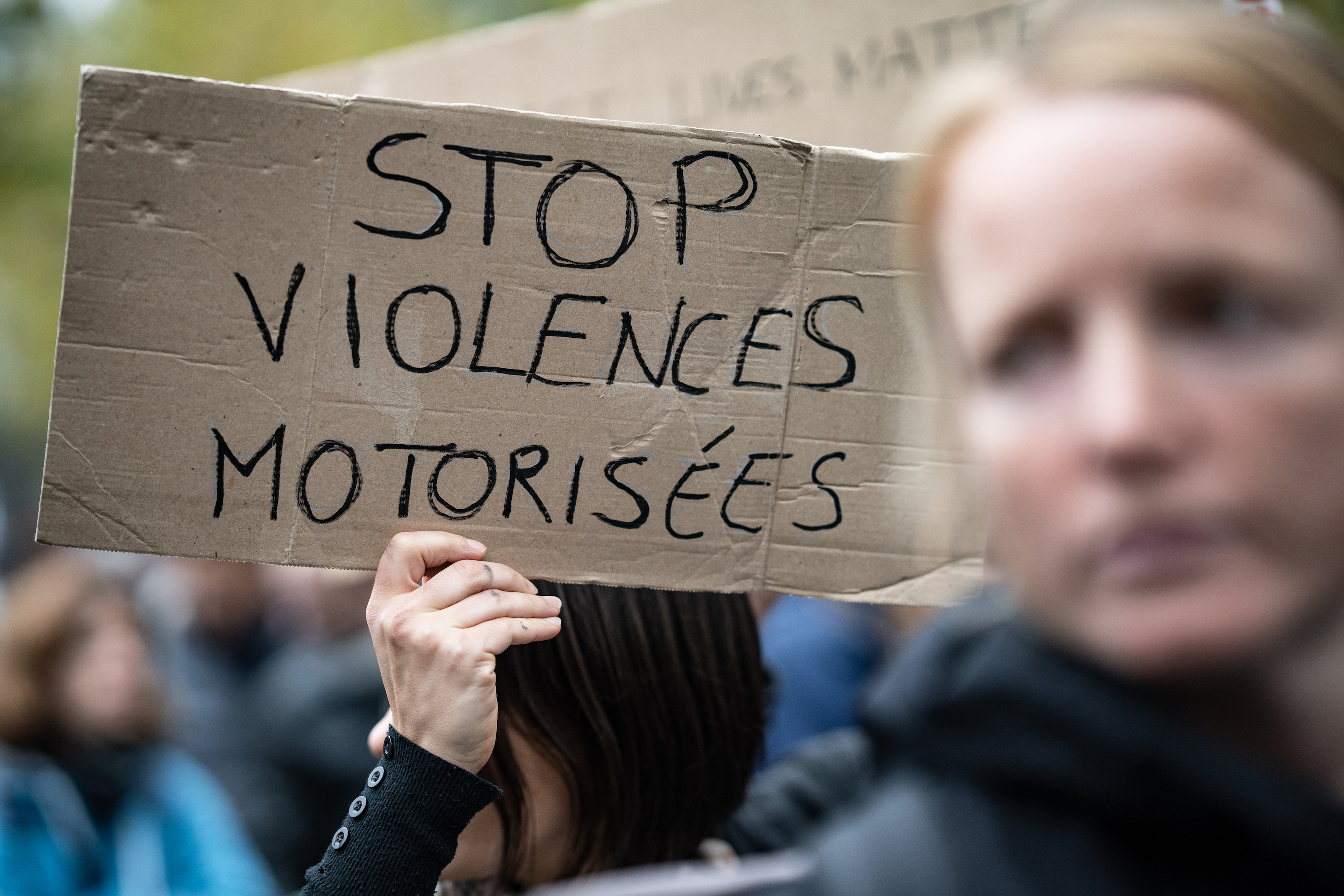
Last Tuesday, Paul Varry, a developer and an active travel campaigner from the north of Paris, died on the streets of the French capital when he was run over by a 52-year-old man driving an SUV. Varry, at 27, was allegedly hit intentionally by the driver, after they had had an altercation about the car being in a cycle lane; the driver has now been charged by the Paris public prosecutor’s office with murder.
This is a tragedy. A moment like this brings home the occasional reality of cycling. “The death of one man is a tragedy, the death of millions is a statistic,” is often misattributed to Stalin, and it applies here. When one looks at the blunt statistics of cyclist deaths and accidents, it seems far away, vague, but when one hears of a specific death like Varry’s, it brings it all home.
Understandably, there has been a wave of emotion to the events in Paris. In France at the weekend, more than 200 rallies took place across the country to call for a stop to violence by drivers. Alexis Fremeaux, the co-president of the French Federation of Bicycle Users, said that “Paul’s death, killed by a motorist in Paris, has resonated deeply. It stirred such emotion because this kind of murder is exceptional. But the violence that cyclists face on the roads today — every cyclist has experienced it. Whether it’s threats, being put under pressure, being endangered, or even deliberate collisions — every cyclist has a story to tell.”
Over the weekend, I cycled back from the pub with my girlfriend, across my home city of Bristol, in south west England. It was a Saturday night, so there was chaos everywhere, people spilling out of and into bars, being merry, silly and annoying, but it wasn’t the pedestrian chaos that was aggravating to me, it was the vehicular chaos.
I’m not usually an angry cyclist; I’ve learned it’s best both for the moment and my blood pressure not to lower yourself to the level of the angry road user. However, when a van driver decided to reverse out into the road, as we were cycling past, I swore. What followed was a “punishment pass”, a car deliberately driving too close to you in order to teach you a lesson. It didn’t work.
If I’d have read more about Varry last week, perhaps I would have acted differently in that situation, but I hadn’t. It’s unlikely that I would have been calmer anyway. I’m tired of drivers in two-tonne vehicles ignoring me, a man on a bike. I don’t think drivers realise the damage they can do, what their vehicles are capable of. As cars get bigger, with a growing number of SUVs on the road, the risks only increase.
It is not my intention to put you off cycling, though. It must be said, I’ve never got into a horrible situation, despite the thousands of kilometres I cycle every year, and many of my journeys go without incident. Cycling is great, a wonderful method of transport and exercise, and we are here to promote it. Statistically, it is safer than driving. However, the weight and size of cars means that those driving them need to be aware of the damage they can cause.
Proper infrastructure is one thing, and would really help more people out on their bikes, and a restriction on larger vehicles within cities would also be a positive (who needs an SUV in Bristol, really) but what is really pressing is education. Education to make people realise how vulnerable we are as cyclists, as pedestrians, and how much destruction even the smallest car can cause. I’m sure that most drivers don’t really realise the danger they can be by encroaching on a bike lane, or not checking their blindspots, or by overtaking in too-narrow a gap, but it is we as cyclists who take the brunt of such decisions.
Mostly, though, we need to remember people like Paul Varry, and use incidents like these to build a better future. We can all exist on the road together, in safety. It’s possible.
This piece is part of The Leadout, the offering of newsletters from Cycling Weekly and Cyclingnews. To get this in your inbox, subscribe here.
If you want to get in touch with Adam, email adam.becket@futurenet.com.







